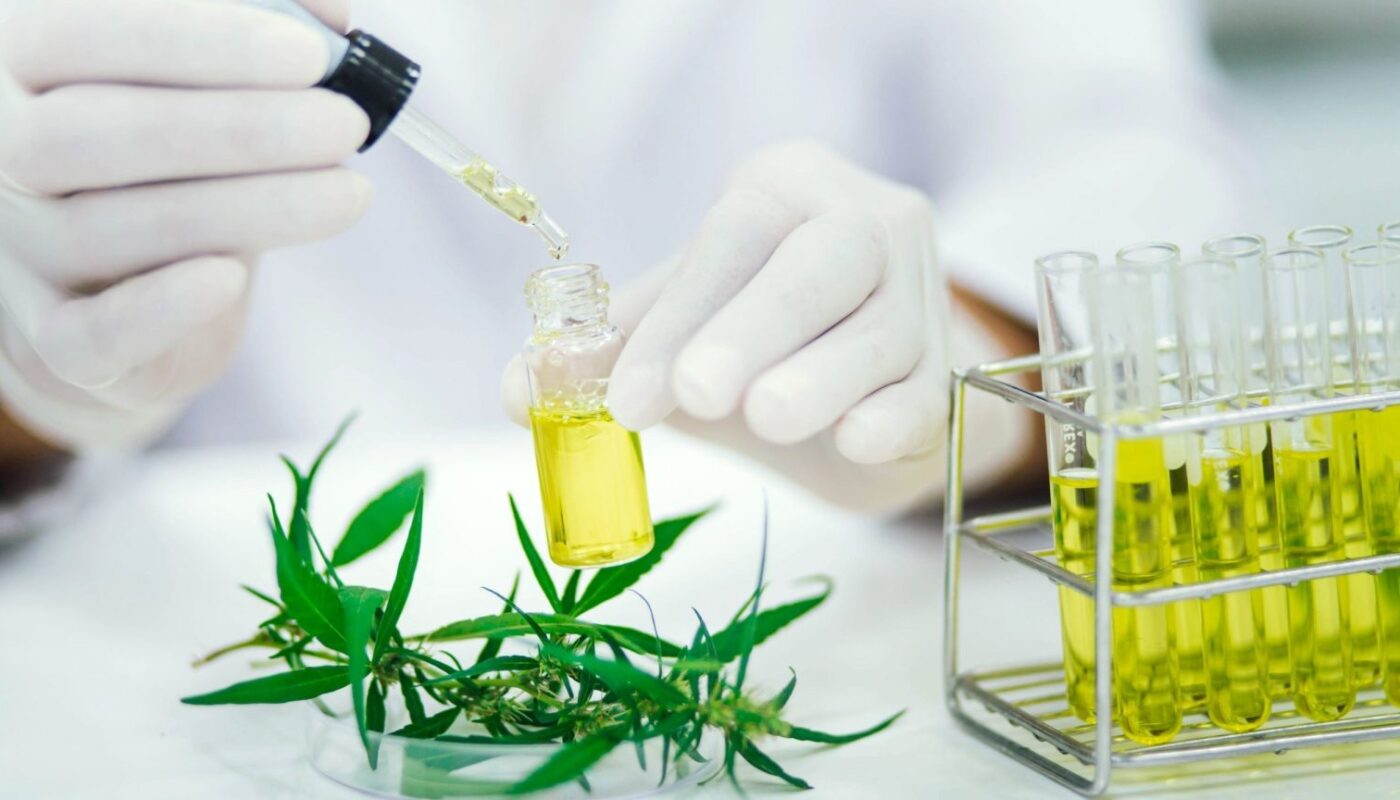Laboratory Testing is Crucial for the Cannabis Industry
As the cannabis industry continues to grow at a rapid pace across the United States, product testing has become an indispensable part of bringing marijuana and hemp products to market safely and legally. Whether products contain dangerous contaminants, accurate levels of active compounds, or fall within permitted limits is determined through rigorous lab analysis. This testing helps protect public health while enabling businesses to meet all regulations. In this article, we will explore the various types of cannabis testing services available in the U.S. cannabis testing services market and the importance of these tests.
Potency Testing Provides Valuable Insight
One of the primary functions of U.S. Cannabis Testing Services labs is analyzing potency levels. This refers to quantifying the percentages of Tetrahydrocannabinol (THC) and Cannabidiol (CBD) present in flower, edibles, concentrates and other goods. Knowing precise THC and CBD amounts arms producers with knowledge to craft consistent dosing. It also allows compliance with restrictions that may cap THC at certain levels depending on the locale and product type. Potency testing sheds light on a sample’s biochemical composition and value.
Screening for Contaminants Is Crucial for Safety
Equally important as potency analysis is contamination screening. Cannabis products undergo rigorous testing to detect the presence of dangerous toxins, microbes, pesticides and heavy metals that could endanger public health if left unchecked. Some of the major contaminants labs screen for include:
– Residual Solvents: Testing checks that residual levels of toxic solvents like butane, propane and ethanol used in extraction have fully evaporated and fall under permitted amounts.
– Microbial Contaminants: Bacteria, yeast and molds can proliferate if products aren’t properly dried and stored. Testing confirms whether microbial loads exceed safety limits.
– Mycotoxins: Certain molds can produce toxic byproducts known as mycotoxins. Laboratories evaluate mycotoxin concentrations to prevent consumers from ingesting dangerous levels.
– Heavy Metals: Heavy metals like lead, cadmium and arsenic don’t belong in cannabis. Testing verifies products meet strict maximum thresholds for these contaminants.
– Pesticides: Although some pesticides may legally be applied to hemp or marijuana crops, testing identifies any residues that exceed action levels approved for food/smokeable flowers.
Ensuring Products Uphold Advertised Claims
Product testing also serves to back brand claims and ensure goods deliver as marketed. Labs analyze cannabinoid and terpene profiles to confirm extracts, edibles and flower contain the compounds listed on labels in the amounts advertised. They certify infusions correctly incorporate their cannabis elements. Testing supports accurate labeling by verifying various quality traits companies promote like organic status or country of origin declarations. It upholds truth in cannabis commerce.
Regulatory Compliance is Table Stakes
Regardless of a product’s end market or state regulations that oversee it, third-party laboratory testing has become table stakes for cannabis businesses interested in staying compliant. State tracking systems generally require test results validating goods’ overall quality and safety before being transported or sold. Whether products will cross state lines or remain local, testing certification allows distributors and retailers to receive necessary product approvals and perform recalls if issues come to light later on. Testing provides essential documentation that products clear jurisdictional standards.
Ensuring Credibility Means Choosing Results Carefully
With hundreds of cannabis testing facilities popping up nationwide, choosing which lab to work with requires careful consideration. Certified by agencies like ISO or ACLASS, reputable testing operations adhere to current good manufacturing practices and implement robust standard operating procedures and quality control measures. They utilize validated testing methodologies and participate in regular proficiency testing to guard against inaccuracies. Traceable, unbroken chain of custody procedures and detailed, compliant reporting further credibility. Top facilities offer a suite of advanced testing services along with helpful consultations to keep producers compliant and competitive in this evolving landscape.
Top Testing Labs Remain at the Forefront of Innovation
As regulations and techniques progress, leading cannabis testing labs stay on the cutting edge. Continuous method improvements and new service offerings keep them ahead of the curve. Some notable trends testing labs are pioneering include:
– Terpene Analysis: As interest grows in minor cannabinoids and terpenes’ interplay, labs ramp up terpene profiling capabilities for strains and extracts.
– Novel Compound Identification: Using techniques like mass spectrometry, labs work to uncover and quantify cannabis’ many still undiscovered compounds.
– Allergen/Toxin Testing: Testing for allergens like tree nuts expands product safety assurances.
– Precision Dosing: Potency is quantified down to decimal points for microdosing products and R&D applications.
– Supply Chain Integrity: Technologies such as DNA fingerprinting and cannabinoid authentication help ensure products are as claimed.
Top cannabis testing facilities stay attuned to evolving science, quality priorities and commercial needs to enable a safer, more vibrant legal industry nationwide. Their crucial work supports compliant commerce, public wellness and continued growth.
For more details on the booming U.S. cannabis testing services market, refer to the article published on the Coherent Market Insights website. While North America currently dominates the global market led by countries like the U.S. and Canada, increasing legalization of medicinal and recreational cannabis in several countries is fueling worldwide demand. Various growth factors like stringent regulations, rising product adoption and evolving consumer preferences are expected to propel the industry forward. Testing services will play a vital role in developing this expanding market in a safe, standardized way across different global regions.
Note:
1. Source: Coherent Market Insights, Public sources, Desk research
2. We have leveraged AI tools to mine information and compile it

